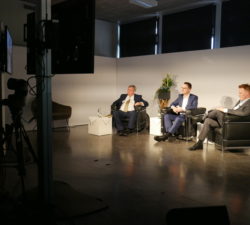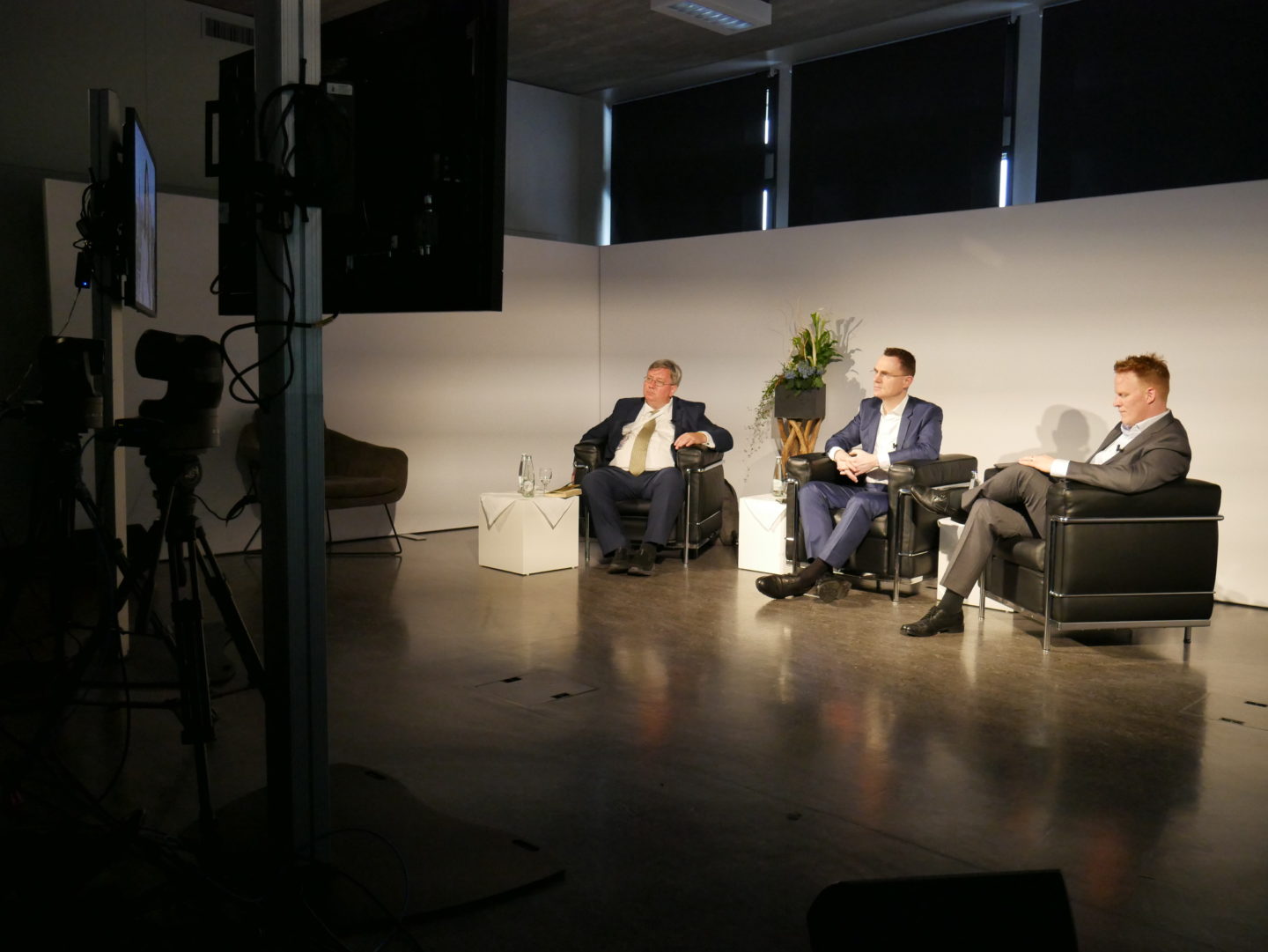The US-China rivalry is descending into a new “cold war” that is fracturing the world into two blocs and will force the EU to choose sides, experts said at the 50th St. Gallen Symposium on Thursday.
Speaking at a session moderated by David Bach, IMD’s Dean of Innovation and Programs, they expressed concern that the EU is in danger of becoming a hapless plaything in the escalating tensions between the world’s two biggest economies.
Ann Lee, a leading authority on China’s economic relations, rejected claims made by America’s top diplomat Antony Blinken on Tuesday, who tried to downplay the country’s tensions with China during a separate conference.
“If you look at what the US has done in the last few years in terms of stepping up tensions with China, like starting a trade war, like imposing restrictions on US companies being able to sell semiconductor chips to China, or forbidding…


